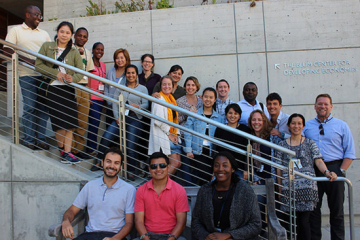During the comprehensive two-week session, participants will learn to use economics to be more strategic and successful in their work, and experience a transformational shift in how they view environmental issues. The course covers economic fundamentals, natural resource economics, valuation of ecosystem services, environmental policies, communication and negotiation techniques, and hands-on experience with cost-benefit analysis of projects and policies. These skills are crucial at a time when global-scale environmental changes are being driven by a diversity of economic factors, and when conservation leaders are striving to harness opportunities to reward the preservation of ecosystem services.





